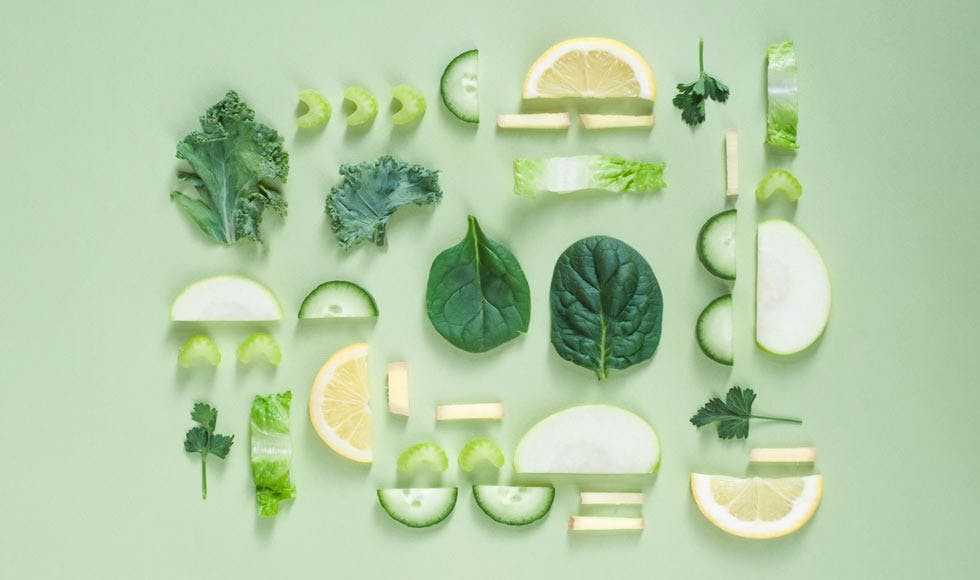
- Health hub/
- Tips & Advice on Improving your Everyday Health/
- Organic - pure and simple.


How is organic food different?
Animals also come up trumps. Organically farmed animals are treated humanely, reared in free-range style and are not fed steroids or growth regulating drugs.
Organic food covers off many food items including; fruit, vegetables, grains, meat, dairy items, eggs, honey as well as select processed goods like cereal, pasta, rice cakes, infant formula and even some ready meals such as pureed fruit and vegetables for babies.
How can you tell it’s organic?
If you want to know if a product is genuinely organic check for an organic certification.
The Organic Federation of Australia, the peak body for the industry, currently lists the following as genuine local organic certifiers:
- Australian Certified Organic (ACO)
- Aus-Qual Limited (AUS-QUAL)
- National Association for Sustainable Agriculture Australia (NASAA)
- Organic Food Chain (OFC)
- Bio-dynamic Research Institute (BDRI)
- Tasmanian Organic Producers (TOP)
- Safe Food Queensland (SFQ)
In New Zealand the major certifiers are:
- BioGro NZ
- Demeter
- Organic Farm NZ (OFNZ)
- AssureQuality
The ACO’s bud logo is the most widely used and recognised organic symbol in Australia. In NZ BioGro is the largest certifier. Certification guarantees that a product meets strict organic standards through annual audits of operators by an independent third party.
Benefits
There are many potential advantages of eating organic food and here are just a few:
- Avoiding chemical residue – there is debate over the health risks of pesticides, herbicides and fertilisers in food production. Left over chemical residues can be found, even after washing, on many foods. Choosing to eat organic means avoiding such chemicals and so limiting potential side effects to you and your family.
- More nutrients and minerals – eating organic compared to an equivalent conventional product you may be gaining more essential nutrients and minerals from your food.
- Kind to animals – organically farmed produce enjoy a higher quality of life than non-organic animals, benefiting from more fresh air and space.
Who benefits most?
Young children may stand to benefit most from a diet of organic foods. Kids are particularly vulnerable to the potential health risks of pesticide use in foods as they are less able to store chemical toxins in their bodies.
There has also been a lot written about food additives being linked to behavioural problems, like hyperactivity, in children. Choosing to eat foods that contain only natural additives may therefore save a lot of worry and stress if your child happens to be effected.
Reduce carbon footprints
Beside the health benefits, organic animals is believed to be better for the planet. Organic farming relies on natural methods to manage the land. Organic agriculture uses organic matter for crop nutrition and as a result, emits less greenhouse gases into the environment.So choosing to eat organic might not only improve individual wellbeing but it could help to reduce your family’s carbon footprint too and make a small difference in the fight against climate change.
References available upon request




